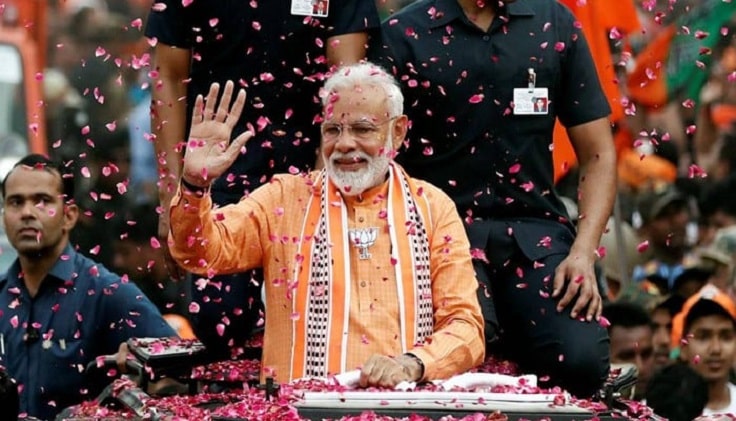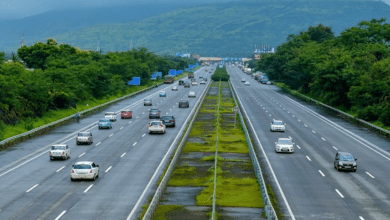Lok Sabha Elections in India 2024: What to Expect

lok sabha elections in india 2024
The 2024 Lok Sabha elections in India are set to be one of the most pivotal and closely watched political events in the world. As the largest democracy, India’s general elections capture global attention, with millions of voters heading to the polls to choose their representatives. Here’s a comprehensive look at what to expect in the upcoming elections.
Understanding the Lok Sabha
The lower house of the Indian parliament is known as the Lok Sabha, or House of the People. It consists of 543 members, each representing a fideleturf constituency in India. Members are elected for a term of five years, and the party or coalition with a majority of seats is invited to form the government.
Key Players in the Election
Bhartiya Janata Party (BJP)
The BJP, led by Prime Minister Narendra Modi, is the incumbent party seeking a third consecutive term. Known for its strong nationalist policies, the BJP’s campaign will likely focus on economic growth, national security, and cultural identity.
Indian National Congress (INC)
The Congress party, with its rich history in Indian politics, is the principal opposition party. Led by Rahul Gandhi, the INC aims to capitalize on issues such as unemployment, rural distress, and social justice to regain its influence.
Regional Parties
Several regional parties hold significant sway in Indian politics, including the Trinomial Congress (TMC), the Aim Aadmi Party (AAP), and the Samajwadi Party (SP). These parties often play kingmakers in coalition scenarios, making their strategies and alliances crucial to the electoral outcome.
Major Issues Shaping the Election
Economic Challenges
Economic issues, including unemployment, inflation, and agricultural distress, are expected to dominate the electoral discourse. Voters will scrutinize the government’s handling of the economy, especially in the wake of the COVID-19 pandemic.
Social and Cultural Policies
Debates around social justice, secularism, and cultural identity will also play a significant role. Issues like reservation policies, religious freedoms, and minority rights will be central themes in the campaigns.
National Security
National security remains a top priority for many voters, with concerns over border tensions and internal security threats influencing public opinion. The government’s stance on these issues will be a critical factor in the elections.
The Role of Technology and Media
Social Media Influence
Social media platforms will be pivotal in shaping public opinion and mobilizing voters. Political parties are expected to leverage digital campaigns to reach a wider audience, especially younger voters.
Fake News and Misinformation
The spread of fake news and misinformation poses a significant challenge, with potential to influence voter perceptions. Efforts to counteract these issues will be crucial to maintaining the integrity of the electoral process.
Election Timeline and Process
Phased Elections
India’s elections are conducted in multiple phases to manage the logistical complexities of a large electorate. The Election Commission of India (ECI) will announce the official dates, ensuring a smooth and fair electoral process.
Voter Participation
With over 900 million eligible voters, the emphasis will be on maximizing voter turnout. Efforts to engage first-time voters and improve accessibility for marginalized groups will be key focus areas.
Conclusion: A Pivotal Moment in Indian Democracy
The 2024 Lok Sabha elections are poised to be a defining moment in Indian politics. With a vibrant democracy and a diverse electorate, the outcome will not only shape India’s future but also have far-reaching implications on the global stage. As parties gear up for intense campaigns, the world watches closely to see how the world’s largest democracy navigates its electoral process.




